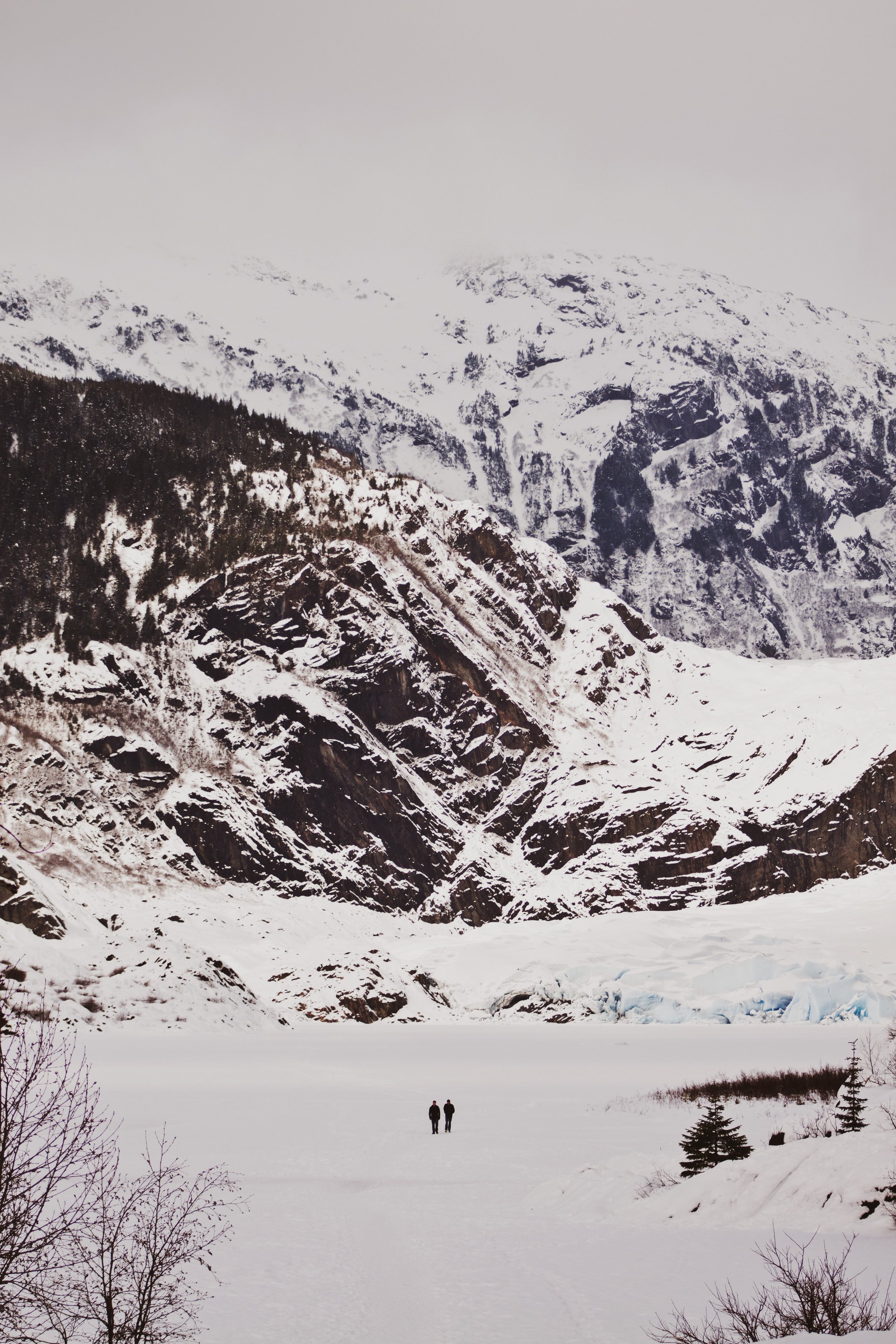Protect backcountry national forests
The Roadless Rule is a tool that protects many of our most valued backcountry recreation areas across the country. Roadless forests provide clean air, clean water, and protect the climate. Recreation is a major part of the economy in the west, and unnecessary development on backcountry forests could affect recreation access and local economies.
What is a Roadless Area?
Right now, about 50% of our National Forest land is open to drilling, logging, and mining; and 18% is protected as designated Wilderness. The remaining 30% of forests are known as Roadless Areas. These remote, roadless landscapes are treasured by our community for the backcountry recreation experiences they provide. These backcountry landscapes are governed by the Roadless Rule.
What is the Roadless Rule?
The Roadless Rule was established in 2001 after enormous public outreach and was intended to “provide lasting protection in the context of multiple-use management” for the 60 million acres of roadless areas on our National Forests and Grasslands. This means that we cannot build new roads or harvest timber on these Roadless Areas, but they are still open for a range of recreational activities including climbing, hiking, mountain biking, paddling, and backcountry skiing.
Why is the Roadless Rule Important?
The Roadless Rule conserves public lands and protects a range of recreational opportunities in the backcountry. Protecting Roadless Areas from large-scale mining, oil and gas drilling, logging, and new road construction protects outdoor experiences.
Roadless forests also fight climate change by capturing and storing carbon emissions. For example, the old-growth trees in the country’s largest National Forest, the Tongass National Forest, are champions of curbing climate change, storing about 12% of all the carbon captured on National Forest lands in the country.
Sign up to get involved in protecting backcountry forests below:
More Information
Click to enlarge
Click to enlarge
Click to enlarge










Today, the Biden administration restored protections for the country’s largest National Forest, a major success for the outdoors, Tribes, and the country’s climate goals.